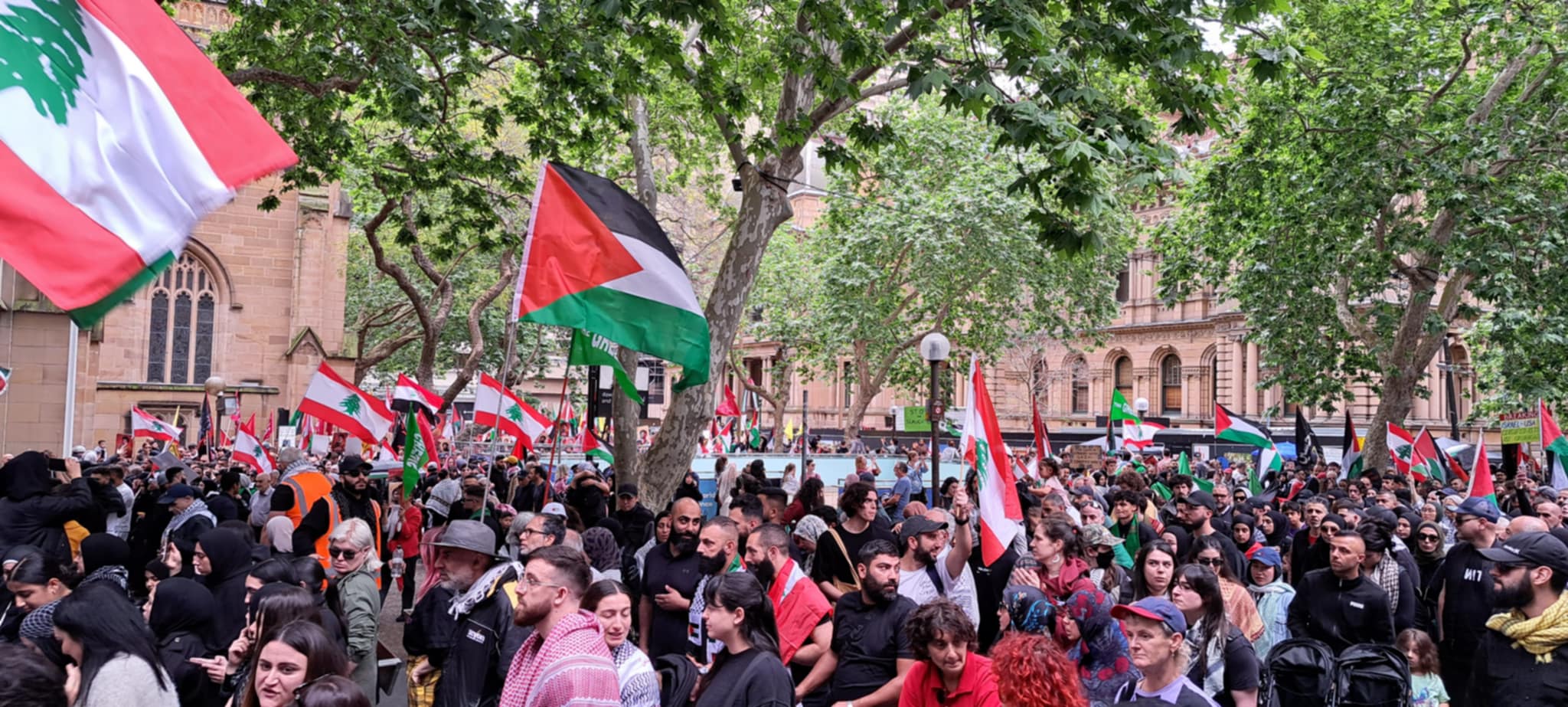
Introduction
Palestine Action is a grassroots movement in the UK that seeks to disrupt companies involved in the arms trade with Israel, focusing on the wider implications of corporate complicity in the Israeli-Palestinian conflict. Established to highlight the ongoing humanitarian crisis in Palestine, the movement has gained traction in recent years, especially in light of escalating violence and geopolitical tensions. This article explores the significance of Palestine Action, examining its recent activities, public response, and potential implications for activism and international relations.
Recent Activities and Actions
In recent months, Palestine Action has staged several high-profile protests targeting firms linked to the Israeli defense industry, including Elbit Systems, a major manufacturer of military drones. Their activist tactics have included property destruction at factories and other buildings, calling attention to what they describe as atrocities committed against the Palestinian people. For example, protests in London and Birmingham have drawn thousands of participants, bringing significant media attention to their cause.
The movement claims to be motivated by the urgent need to hold corporations accountable for their role in the Israeli-Palestinian conflict. By demonstrating outside the offices of these companies and encouraging divestment, Palestine Action aims to foster awareness and change public perception regarding arms trade complicity.
Public Response and Controversy
Palestine Action’s activities have sparked a range of reactions from various segments of the public, government officials, and corporate entities. Supporters argue that these actions are a necessary moral stand against oppression, while critics claim that they amount to vandalism and could harm diplomatic efforts in the region. The UK government has responded by increasing scrutiny of protest methods and suggesting tougher laws on direct action protests.
Moreover, legal repercussions are mounting for activists involved in these actions, with several facing charges and potential prison sentences for their activities. This ongoing tension raises questions about the balance between civil disobedience and lawful protest.
Conclusion and Significance
Palestine Action continues to play a crucial role in the ongoing discourse surrounding the Israeli-Palestinian conflict, shining a light on corporate complicity and the humanitarian issues at stake. As the movement evolves, it is likely to influence both public opinion and governmental policy, prompting conversations about the ethical responsibilities of businesses operating in conflict zones.
As more individuals become aware of the situation in Palestine, movements like Palestine Action may develop greater support, impacting the broader landscape of activism. Understanding these dynamics is essential for anyone interested in international relations, activism, and human rights.
You may also like

Marie Hobinger: A New Force in Environmental Activism

David Lammy: Championing Justice and Equality in Politics
